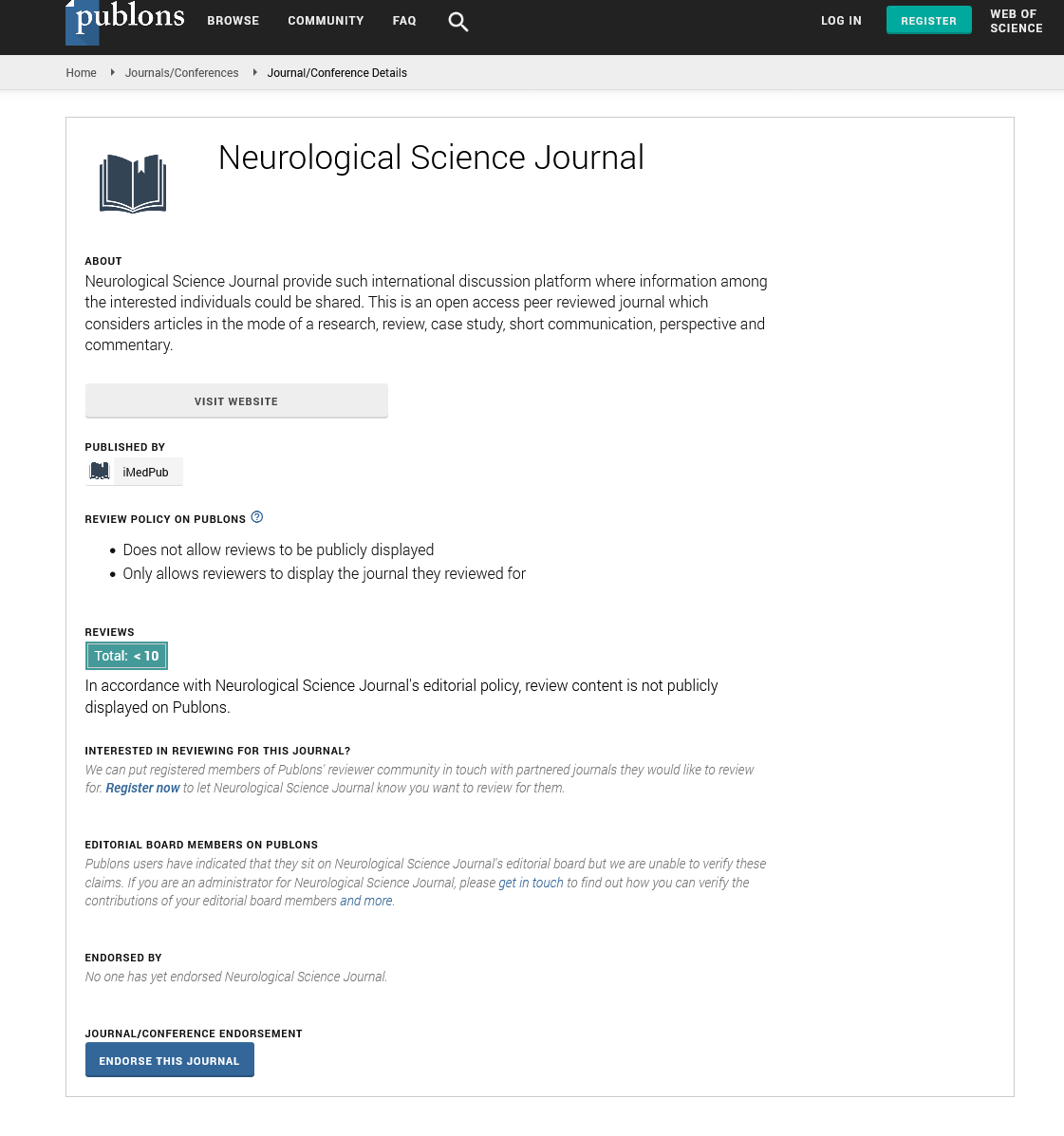Abstract
The alternative treatments for cognitive decline, more than enough evidence to get them in the menu when facing these disorders
As life span has increased thanks to science, a problem has grown with it; cognitive deteriorations caused by a number of things, mainly age. Conventional treatments have shown little efficacy against them. Although usefull, none of them have shown a strong, efficient effect in slowing the progression of these disorders. Allopathic medicine is and should remain the main treatment, but I truly believe it`s time to start taking many of the so called alternative treatments more seriously. The amount of evidence, if you really want to accept it, is overwhelming. Purpose: To review the evidence and still incredible properties of natural compounds, especially when used in combination with regular medications in cognitive disorders. Materials and Methods: I reviewed 15 patients with cognitive decline caused by different factors. They all had a Mini Mental test between 24 and 10 points (meaning mild to moderate decline in cognitive functions). Without making any important changes on their regular medications (memantine, donepezil, etc), I started supplementing them with 50mg of phosphatidylserine (the building blocks of neuronal membranes), 10 mg of vinpocetine (known to increase cerebral blood flow) 1 gram of omega 3`s (with both EPA and DHA), liposomal b12 with folate, magnesium l-threonate (the variant of magnesium which has a stronger impact on the CNS), 25 mg of quelated zinc (involved in cell division, DNA synthesis, etc), liposomal curcumin (from the ayurvedic medicine, the gold from India, known to actually brake Beta amyloid plaques) and 40mg of ginkgo biloba. Results: After three months, ALL of them showed improvement, marked or mild, but all of them. This was also described by their closed ones. Conclusion: These results are just one more piece of evidence that this so called alternative treatments should absolutely be considered in patients with cognitive decline.
Author(s): Melchor Rodrigo
Abstract | Full-Text | PDF
Share This Article
Google Scholar citation report
Citations : 11
Neurological Science Journal received 11 citations as per Google Scholar report
Neurological Science Journal peer review process verified at publons
Abstracted/Indexed in
- Google Scholar
- Publons
Open Access Journals
- Aquaculture & Veterinary Science
- Chemistry & Chemical Sciences
- Clinical Sciences
- Engineering
- General Science
- Genetics & Molecular Biology
- Health Care & Nursing
- Immunology & Microbiology
- Materials Science
- Mathematics & Physics
- Medical Sciences
- Neurology & Psychiatry
- Oncology & Cancer Science
- Pharmaceutical Sciences
